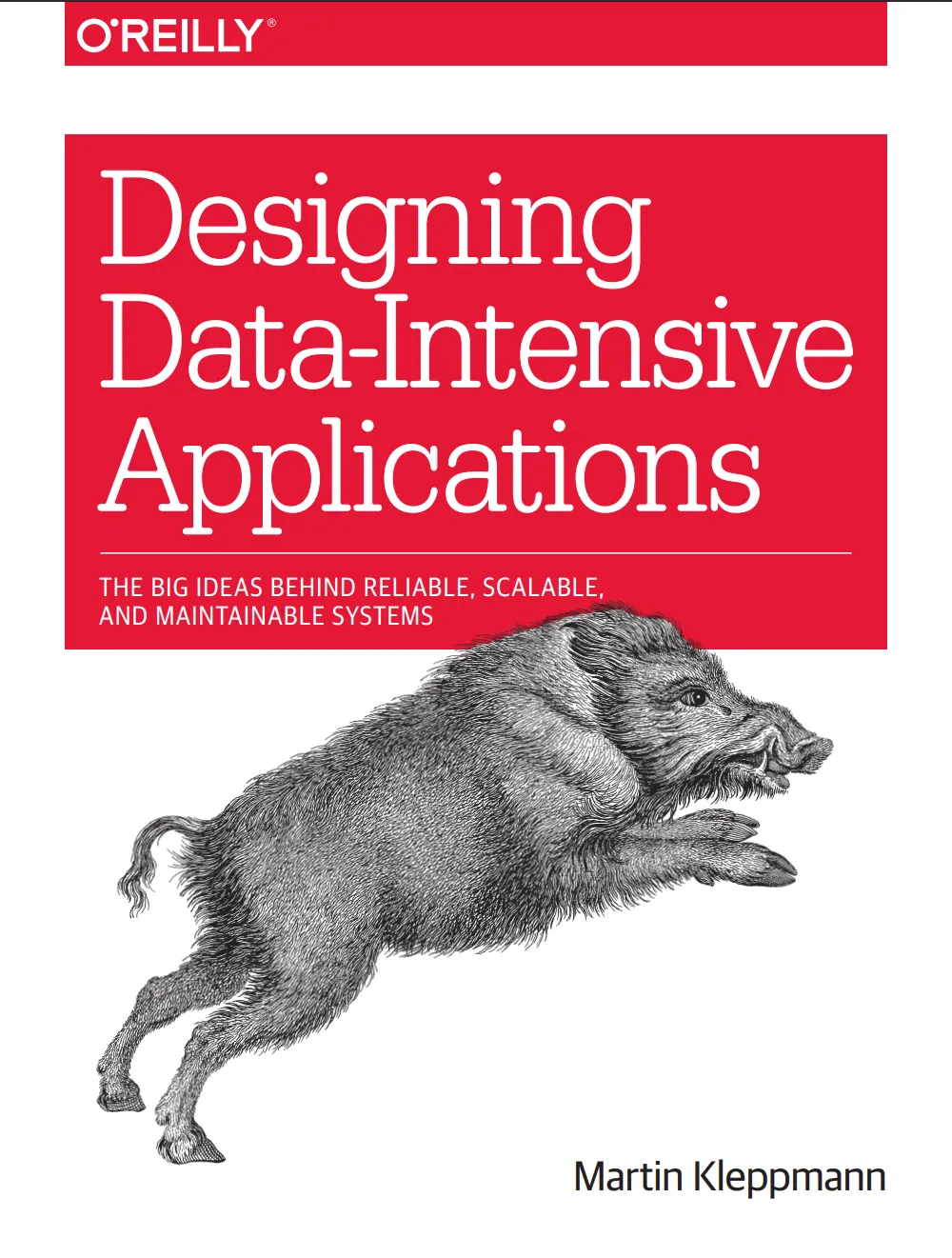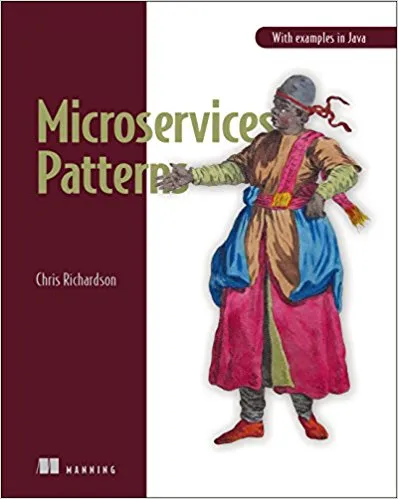Thinking in Systems: A Primer
4.2
Reviews from our users

You Can Ask your questions from this book's AI after Login
Each download or ask from book AI costs 2 points. To earn more free points, please visit the Points Guide Page and complete some valuable actions.Related Refrences:
Persian Summary
Introduction
"Thinking in Systems: A Primer" is a groundbreaking book that offers readers an insightful exploration into the world of systems thinking. Written by the respected scientist and author Donella H. Meadows, the book serves as a comprehensive guide to understanding the complex and interconnected systems we navigate daily. With clarity and elegance, Meadows elucidates the principles of systems thinking, making them accessible to readers from all walks of life. This timeless primer is an indispensable resource for anyone interested in learning how to approach problems holistically and sustainably.
Detailed Summary of the Book
"Thinking in Systems: A Primer" is structured to introduce the essential concepts of systems theory using clear language and practical examples. The book begins by defining what a system is, and how different components within a system interact with each other. Meadows emphasizes the importance of understanding the dynamics of these interactions in order to grasp the behavior and evolution of systems over time.
A significant portion of the book is dedicated to explaining feedback loops, which are crucial to shaping the behavior of systems. Meadows distinguishes between reinforcing and balancing feedback loops and illustrates how these mechanisms can lead to growth, decline, or equilibrium states. She further explores the concept of stocks and flows, providing insights into how they impact the stability and resilience of systems.
Throughout the book, Meadows introduces various systems archetypes, which are common patterns of systemic behavior. These archetypes help in diagnosing complex situations and devising strategic interventions. Additionally, the book covers the concept of leverage points, which are places within a system where a small change can generate significant impacts.
Key Takeaways
- Systems thinking allows us to understand the interconnectedness and interdependencies of various components within a complex environment.
- Feedback loops are fundamental to understanding how systems behave over time, with reinforcing loops driving growth and balancing loops maintaining stability.
- Identifying leverage points in a system can lead to effective problem-solving and strategic decision-making.
- Systems are dynamic and often non-linear, requiring flexible and adaptive approaches to manage them.
- Sustainability can be achieved by aligning system structures and positions with desired long-term outcomes.
Famous Quotes from the Book
"We can't impose our will on a system. We can listen to what the system tells us, and discover how its properties and our values can work together to bring forth something much better than could ever be produced by our will alone."
"The behavior of a system cannot be known just by knowing the elements of which the system is made."
Why This Book Matters
In today's rapidly changing world, "Thinking in Systems: A Primer" remains a crucial resource for anyone engaged in solving complex problems. Whether you're a policymaker, manager, engineer, or concerned citizen, Meadows’ insights into system dynamics can enhance your ability to navigate and influence the interconnected systems inherent in society, the economy, and the environment. The book stresses the importance of seeing beyond immediate issues to the broader systemic causes, fostering a culture of holistic thinking that is essential for sustainable development.
Furthermore, the principles outlined in the book are universally applicable, rendering this work an invaluable tool for lifelong learning and effective problem-solving. As Meadows eloquently demonstrates, embracing systems thinking provides a pathway to innovation and resilience, necessary qualities for thriving in a complex world. The book’s clarity, wisdom, and practicality ensure its place as a seminal work in the field of systems thinking.
Free Direct Download
You Can Download this book after Login
Accessing books through legal platforms and public libraries not only supports the rights of authors and publishers but also contributes to the sustainability of reading culture. Before downloading, please take a moment to consider these options.
Find this book on other platforms:
WorldCat helps you find books in libraries worldwide.
See ratings, reviews, and discussions on Goodreads.
Find and buy rare or used books on AbeBooks.
















